Drašković comments on political crisis
The Serbian Renewal Movement (SPO) leader Vuk Drašković today marked the 17th anniversary of March 9, 1991.
Sunday, 09.03.2008.
16:25

The Serbian Renewal Movement (SPO) leader Vuk Draskovic today marked the 17th anniversary of March 9, 1991. Draskovic, along with Zoran Djindjic, Vojislav Kostunica, Vesna Pesic and others, was one of the leaders of the opposition to Slobodan Milosevic's regime at the time of the first mass anti-government demonstrations in Belgrade. Draskovic comments on political crisis More than 100,000 Serbians gathered in the capital to protest the Milosevic policies on that day, several months before the start of the war in Croatia, and more than a year before clashes broke out in Bosnia. The demonstration turned violent, and ended up with army tanks rolling down the streets of Belgrade to restore order after violent confrontation between police and protestors. Two people, one demonstrator and one police officer, died during the unrest. Draskovic was in Belgrade's Republic Square Sunday to mark the event and tell reporters that the "return of those forces that have taken Serbia to her greatest miseries must be prevented". Draskovic, who was briefly the foreign minister during Milosevic's reign at the end of the 1990s, and again in the first Kostunica cabinet, has failed to lead his party across the five percent threshold in the January 2007 elections. Today, he warned that the forces that the opposition struggled against on March 9, 1991, have strengthened, and that there is a realistic chance they will regain power in the next elections, likely to be scheduled for May. "These are the forces that represent that self-same regime, the ideas of isolation, wars, new refugees and the closing down of Serbia and her European future. We must not allow for this return to take place," he said. "I hope that the danger of Serbia's return to the past will unite us once again and that we will not allow the European door to close for Serbia and our nation," Draskovic stressed. According to him, "March 9 is the mother of all our battles for democracy and a European Serbia", while "October 5 was the end of resistance to the Milosevic regime, which commenced on March 9, 1991". Draskovic was referring to October 5, 2000, when Milosevic was ousted. The SPO was not a part of the coalition, known as DOS, which produced Vojislav Kostunica as the candidate that on September 24, 2000, ran in the presidential ballot and beat Milosevic. Asked if the SPO will take part in the upcoming elections, and whether they will form a coalition with one of the parties in the Serbian political scene, Draskovic today declined to offer any comment, other than that he will wait for the elections to actually be called. Traditionally, the SPO marks March 9 by placing wreaths and flowers at Belgrade's central square, and lighting candles in memory of the two victims of this day in 1991 – protestor Branivoje Milinovic and policeman Nedeljko Kosovic. Draskovic places flowers at the Republic Square today (FoNet)
Drašković comments on political crisis
More than 100,000 Serbians gathered in the capital to protest the Milošević policies on that day, several months before the start of the war in Croatia, and more than a year before clashes broke out in Bosnia.The demonstration turned violent, and ended up with army tanks rolling down the streets of Belgrade to restore order after violent confrontation between police and protestors.
Two people, one demonstrator and one police officer, died during the unrest.
Drašković was in Belgrade's Republic Square Sunday to mark the event and tell reporters that the "return of those forces that have taken Serbia to her greatest miseries must be prevented".
Drašković, who was briefly the foreign minister during Milošević's reign at the end of the 1990s, and again in the first Koštunica cabinet, has failed to lead his party across the five percent threshold in the January 2007 elections.
Today, he warned that the forces that the opposition struggled against on March 9, 1991, have strengthened, and that there is a realistic chance they will regain power in the next elections, likely to be scheduled for May.
"These are the forces that represent that self-same regime, the ideas of isolation, wars, new refugees and the closing down of Serbia and her European future. We must not allow for this return to take place," he said.
"I hope that the danger of Serbia's return to the past will unite us once again and that we will not allow the European door to close for Serbia and our nation," Drašković stressed.
According to him, "March 9 is the mother of all our battles for democracy and a European Serbia", while "October 5 was the end of resistance to the Milošević regime, which commenced on March 9, 1991".
Drašković was referring to October 5, 2000, when Milošević was ousted. The SPO was not a part of the coalition, known as DOS, which produced Vojislav Koštunica as the candidate that on September 24, 2000, ran in the presidential ballot and beat Milošević.
Asked if the SPO will take part in the upcoming elections, and whether they will form a coalition with one of the parties in the Serbian political scene, Drašković today declined to offer any comment, other than that he will wait for the elections to actually be called.
Traditionally, the SPO marks March 9 by placing wreaths and flowers at Belgrade's central square, and lighting candles in memory of the two victims of this day in 1991 – protestor Branivoje Milinović and policeman Nedeljko Kosović.






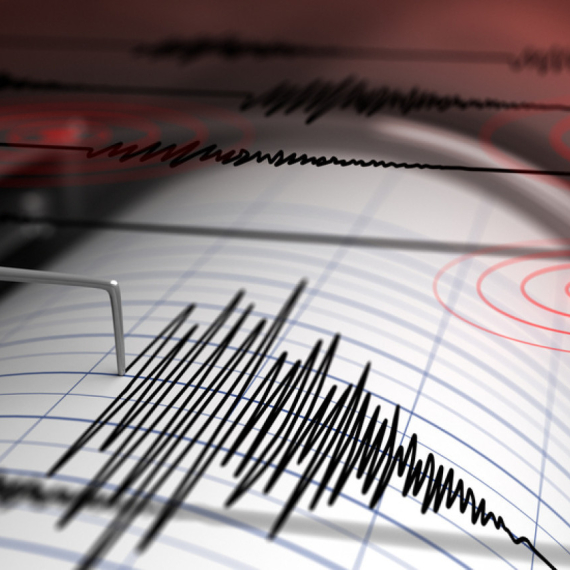



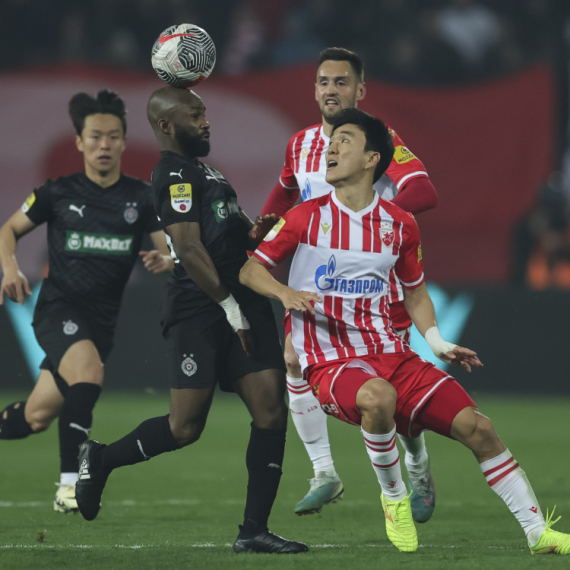
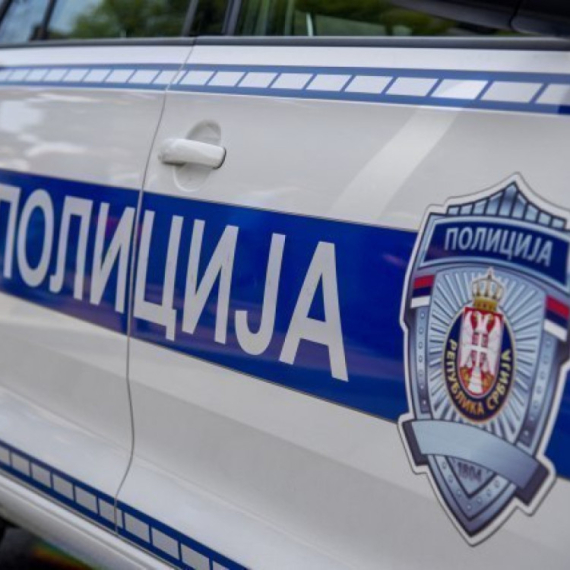
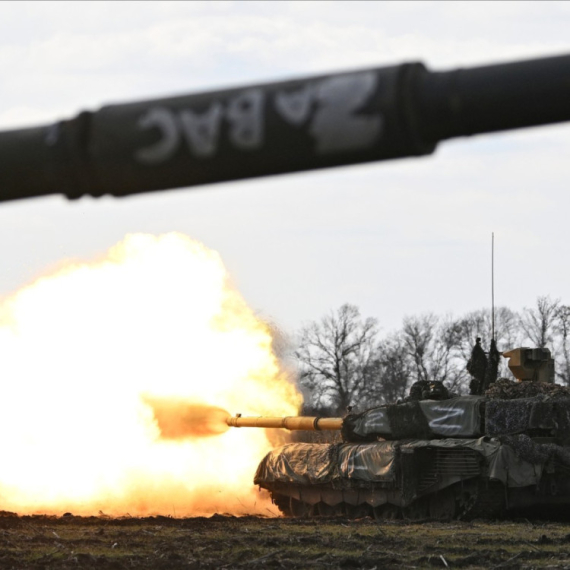
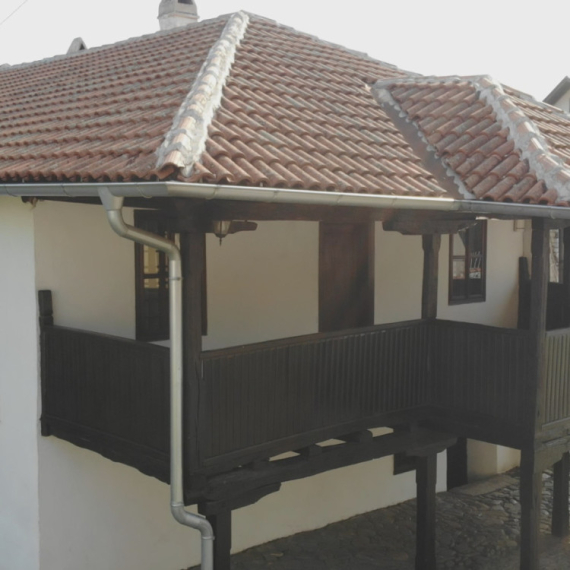
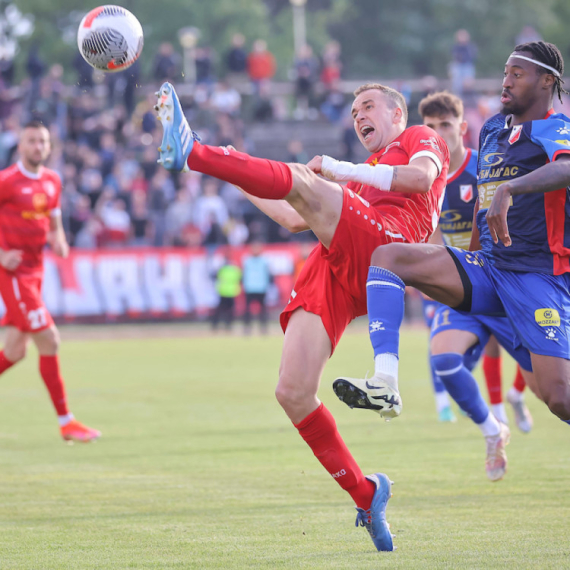


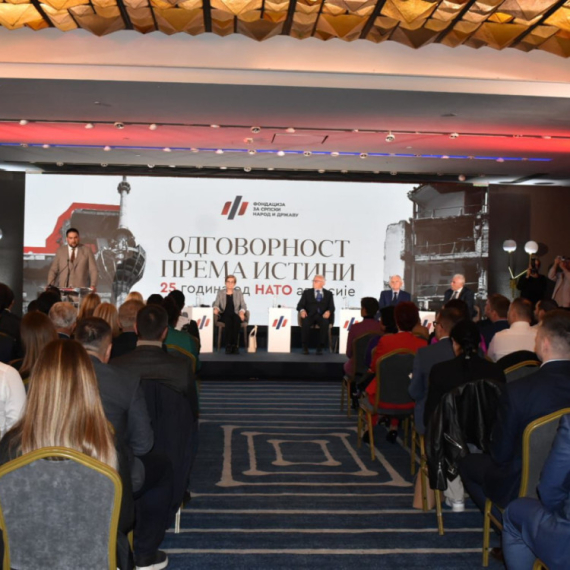

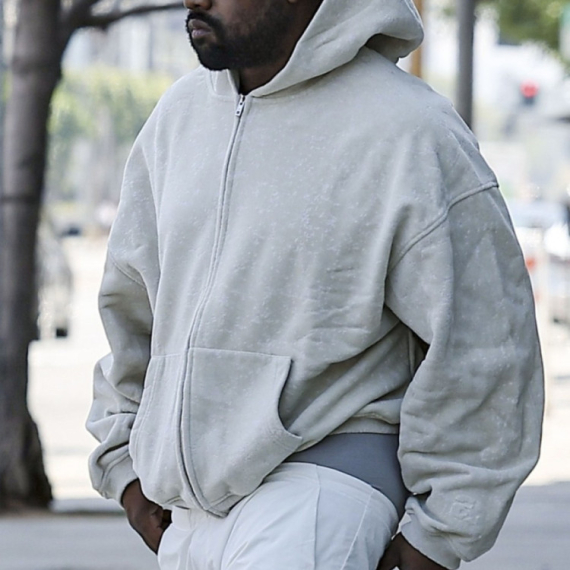


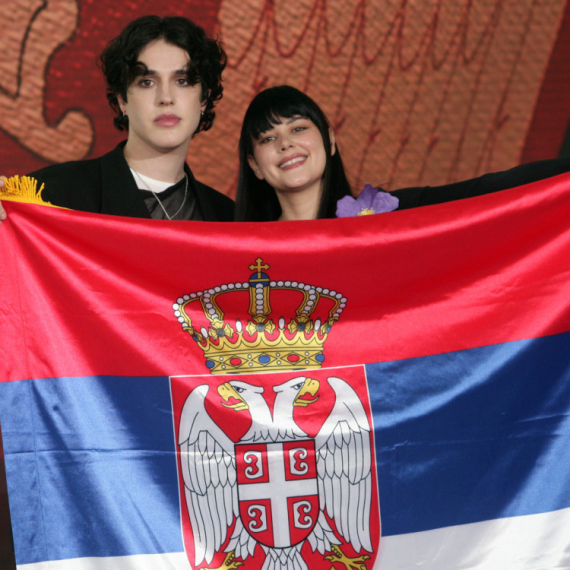






















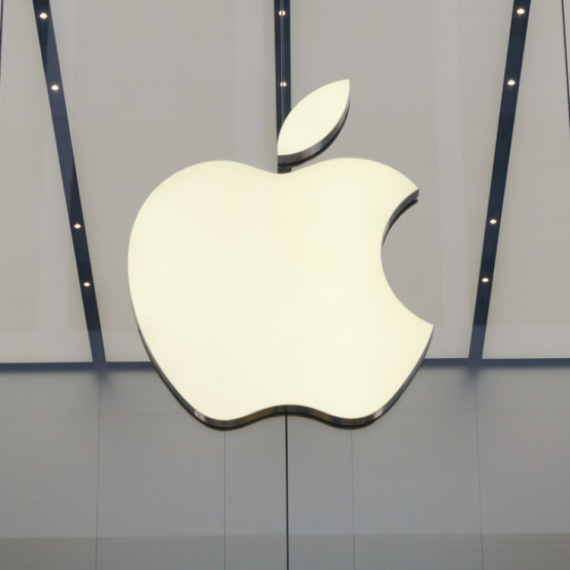
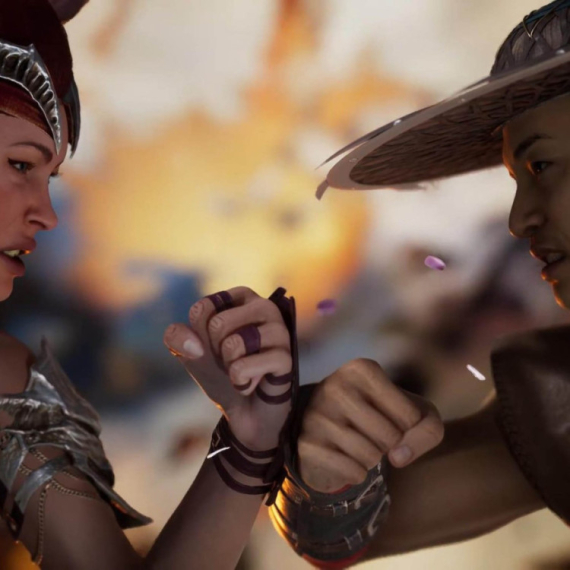



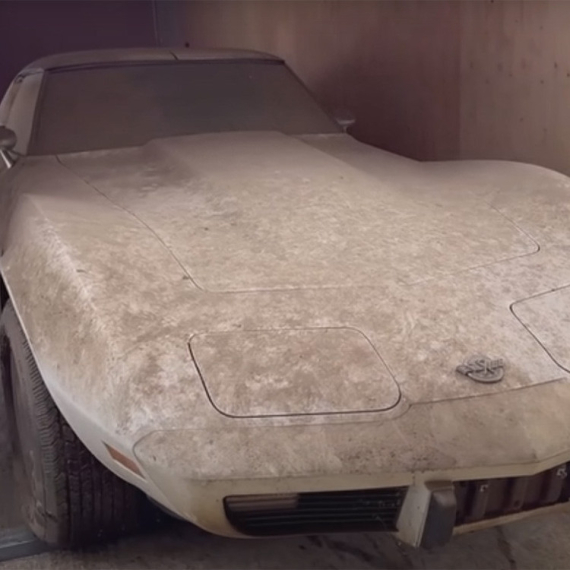



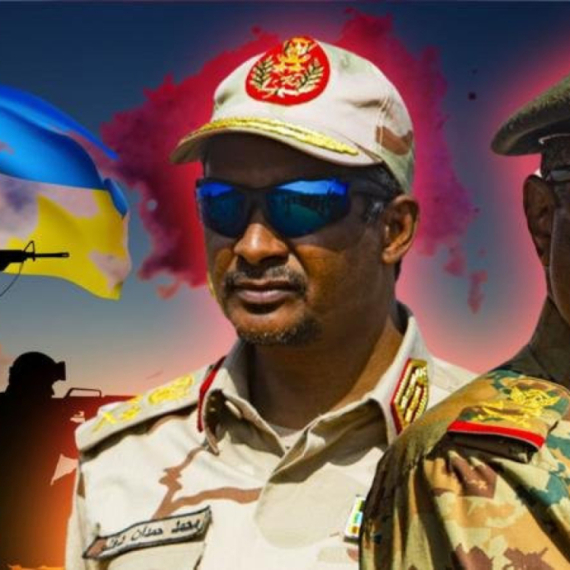
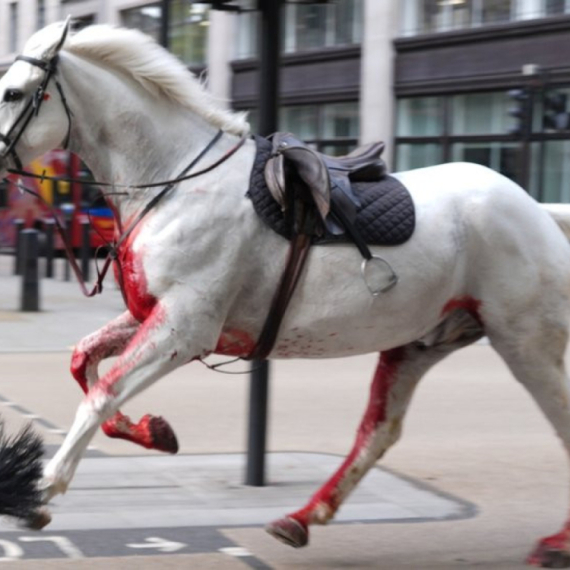
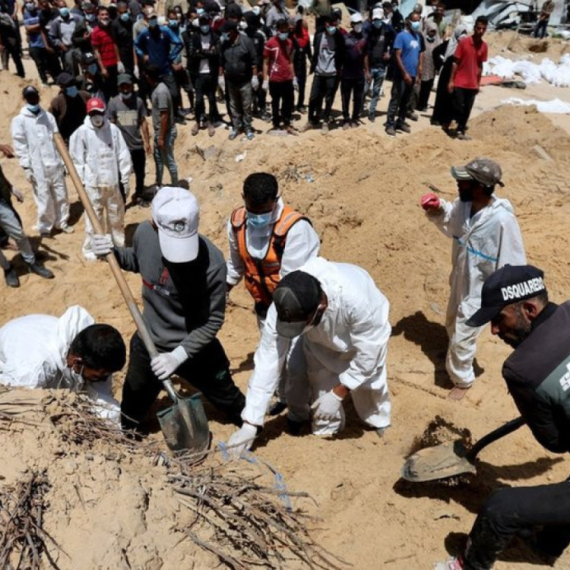

Komentari 2
Pogledaj komentare